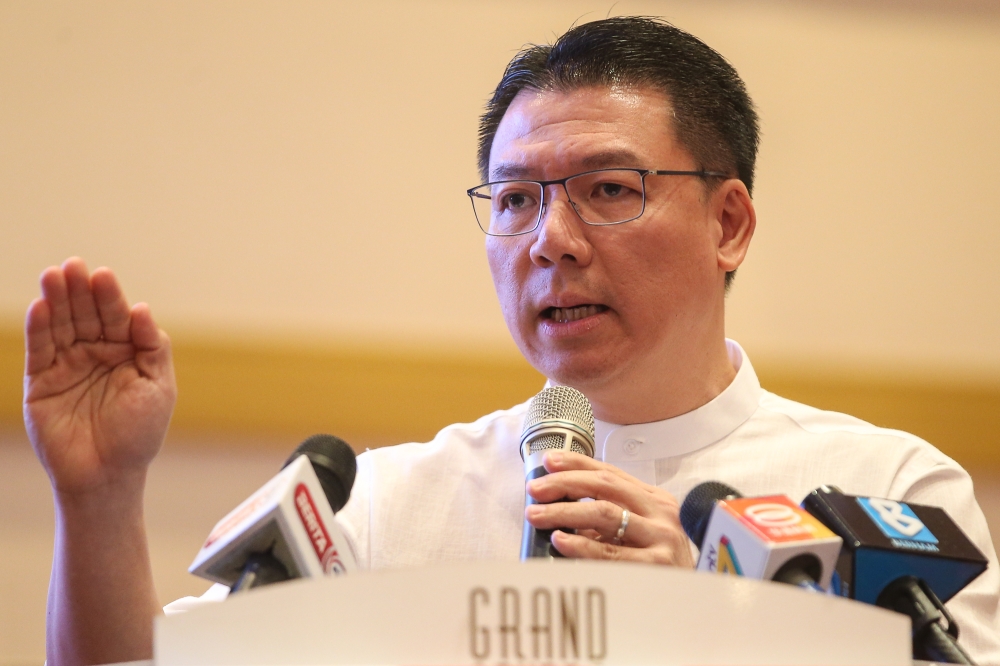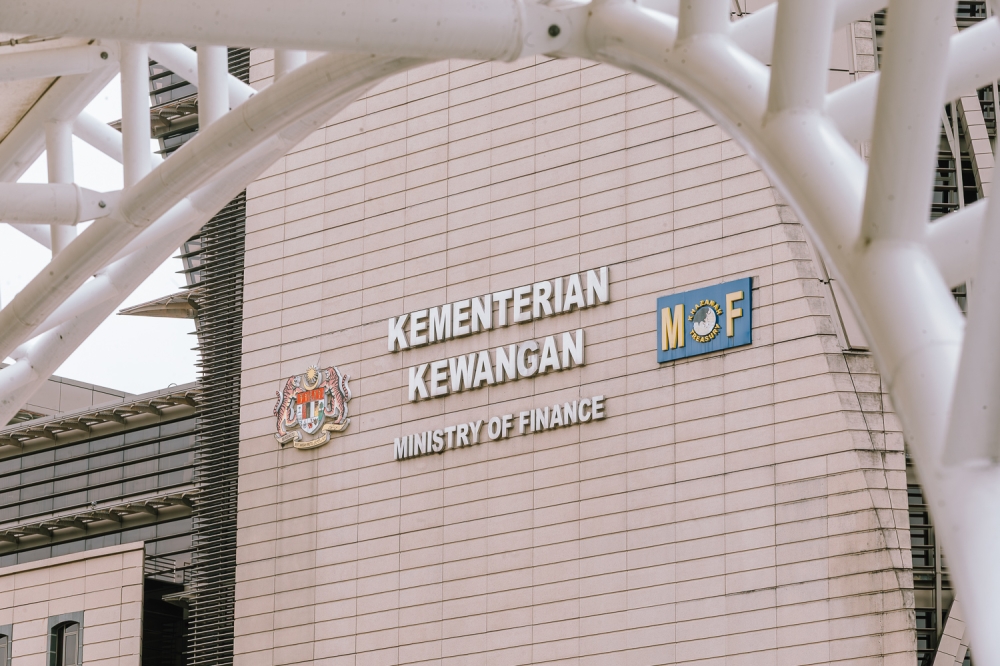SUNDERLAND, July 4 — Nissan launched plans Thursday for a vast battery gigafactory in northeastern England, where it will manufacture a new electric vehicle as companies and governments accelerate away from fossil-fuel cars.
Prime Minister Boris Johnson hailed the post-Brexit investment totalling £1.0 billion (RM5.75 billion) that is set to create an additional 6,200 jobs at Nissan’s largest European factory as “a major vote of confidence in the UK”.
Nissan’s Chinese battery supplier Envision AESC will invest £450 million to build the battery plant that will be run on renewable energy and power up to 100,000 Nissan electric vehicles per year.
The plant, which will be built next to Nissan’s car factory and an existing Envision-run battery facility in Sunderland, is seen as key to the UK’s transition away from high-polluting fossil fuel vehicles.
The news comes after Nissan’s French partner Renault this week unveiled plans for an Envision battery factory in France, as global carmakers race to meet booming demand for greener transport and governments target net zero carbon emissions by 2050.
The Japanese auto giant is to spend up to £423 million on Britain’s all-electric EV36Zero project, while Sunderland City Council will help to bring the total amount of investment up to £1.0 billion.
“This is a landmark day for Nissan, our partners, the UK and the automotive industry as a whole,” said Nissan’s Chief Operating Officer Ashwani Gupta, as he stood next to a line of newly-made Nissan vehicles awaiting their final inspections.
Nissan, which had previously warned that a no-deal Brexit would threaten its 35-year-old Sunderland factory, said the new investment represents 6,200 jobs at the Japanese group and its UK suppliers.
There will be 900 new Nissan jobs and 750 new Envision AESC jobs.
Nissan however would not be drawn on exact timings for the new battery plant and electric car.
“We are working on the detailed plan,” Guillaume Cartier, Nissan chairman for Africa, Middle East, India, Europe and Oceania, told AFP.
“Today is really the start of the race and we are working on that. The speed will be extremely important so we will disclose the main dates later.”
‘Huge step’
At the current battery plant, workers are dressed head-to-toe in overalls to avoid compromising efficiency of the final product.
Construction of a much bigger facility “is a huge step forward in our ambition to put the UK at the front of the global electric vehicle race”, said UK Business Secretary Kwasi Kwarteng.
“The cars made in this plant, using batteries made just down the road at the UK’s first at scale gigafactory, will have a huge role to play as we transition away from petrol and diesel cars.”
The UK government, which hosts the UN’s climate change summit in November, plans to ban sales of fossil fuel cars from 2030 as part of efforts to reach net zero carbon emissions by 2050.
Europe now has projects to build dozens of gigafactories that could potentially produce 16.7 million battery-electric vehicles by 2030, according to Transport & Environment, a non-governmental organisation.
Volvo and Swedish startup Northvolt announced last week they were joining forces to build a new battery factory in Europe.
“UK and European carmakers are engaged in a race to develop capacity to produce battery electric cars,” Peter Wells, an expert on the auto sector, told AFP.
“Those manufacturers that fail to develop BEV (battery electric vehicle) capabilities will simply lose market share,” the Cardiff University economics professor said.
Nissan’s woes
Nissan established Britain’s first electric vehicle and battery production at Sunderland in 2013 with its Leaf car.
The company has more recently faced a series of trials, from weak demand during the pandemic to the fallout from the arrest of former boss Carlos Ghosn, now an international fugitive after jumping bail and fleeing Japan.
It has delayed the planned summer launch of its flagship new electric Ariya model to this winter over the global chip shortage plaguing automakers.
Nissan’s Covid-secure Sunderland hub employs about 6,000 workers and produces 400,000 cars annually, mostly for export. — AFP

















